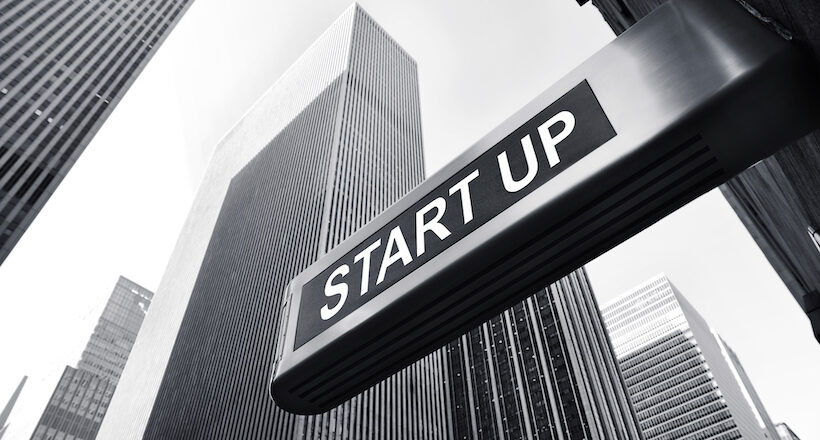Why Israel is a nation of startups
In the world of innovation and technological entrepreneurship, Israel has long held a special place. It is not called the “startup nation” for nothing: with a population of less than 10 million people, the country ranks among the top three global leaders in startup ecosystems, trailing only the USA and the United Kingdom. According to the StartupBlink 2025 report, Israel ranks 3rd in the global ranking of countries for startup prospects, and Tel Aviv is among the top ten strongest cities in the world (9th place).

What’s the secret to success?
Experts identify several factors:
- A culture of audacity, courage, and willingness to go against the current.
- Military training in technological units of the IDF, such as “8200”, where unique skills demanded in the startup environment are developed.
- An international outlook from the get-go — most Israeli startups are immediately aimed at global markets.
- Government support: grants from the Innovation Authority, tax incentives, a developed system of venture investments and accelerators.
Startups known worldwide
Some Israeli companies have become household names:
- Waze — a navigation app acquired by Google;
- Mobileye — autonomous driving systems that became the basis of Intel’s technologies;
- Wix and Fiverr — platforms used by millions of people around the world.
The new wave
In recent years, new players have emerged:
- Wiz, specializing in cybersecurity, became the largest technology deal of 2025: Google acquired the company for $32 billion.
- The startup ecosystems in Yavne and Ashdod are growing rapidly, increasing their influence by more than 100% and 46% respectively.
- Among the rising stars are HiBob, Cato Networks, and Papaya Global, which are among the 25 Israeli “unicorns” (companies valued at over $1 billion).
The rapid growth of technology centers in Yavne and Ashdod — cities that were not previously associated with the startup world — is particularly noteworthy. According to StartupBlink, the startup ecosystem activity in Yavne has more than doubled, and in Ashdod, it has increased by almost 50% in just one year. This means not just an increase in the number of companies, but also in their quality, investor interest, and global attention.
This dynamic indicates that Israel’s innovation map is expanding. Startups are no longer concentrated only in Tel Aviv and Haifa — the technological impulse is spreading throughout the country, including to regions that were not previously considered high-tech centers. This means that startups and investments are increasingly coming to other cities — along with jobs and new prospects.
A country that keeps up the pace
Even in the face of complex geopolitical situations, internal tensions, and global competition, Israel maintains its position as one of the most important centers of technological innovation in the world. This is not just a testament to the strength of the local ecosystem — it’s proof of a deep culture of entrepreneurship, flexibility, and aspiration for global success.
The model created by Israel continues to inspire other countries: how, on limited territory, with a lack of natural resources but an abundance of human capital, it’s possible to build a dynamic, efficient, and sustainable startup ecosystem that impacts the entire world.





